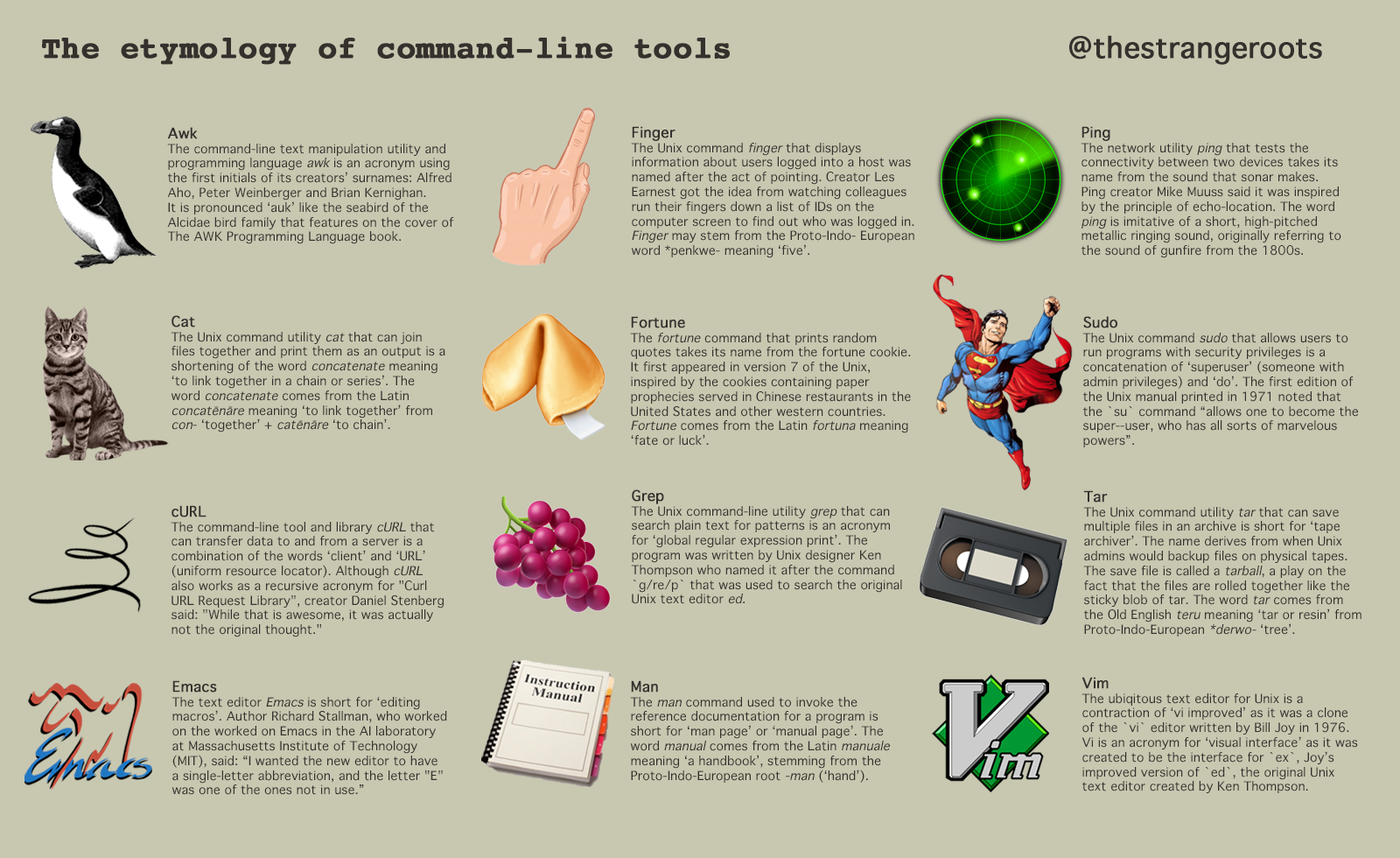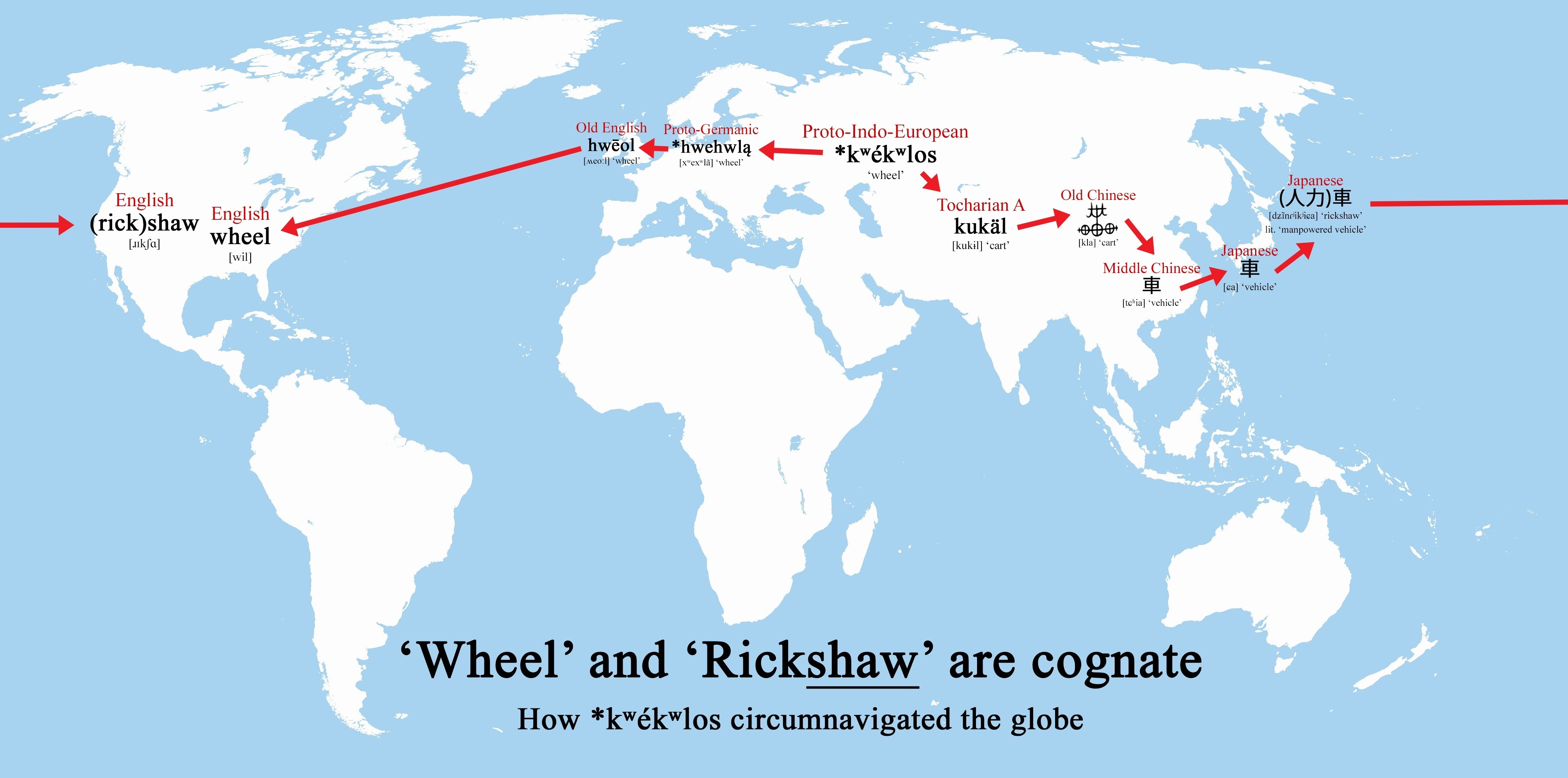Linguistics
1204 readers
1 users here now
Welcome to the community about the science of human Language!
Everyone is welcome here: from laypeople to professionals, Historical linguists to discourse analysts, structuralists to generativists.
Rules:
- Instance rules apply.
- Be reasonable, constructive, and conductive to discussion.
- Stay on-topic, specially for more divisive subjects. And avoid unnecessary mentioning topics and individuals prone to derail the discussion.
- Post sources when reasonable to do so. And when sharing links to paywalled content, provide either a short summary of the content or a freely accessible archive link.
- Avoid crack theories and pseudoscientific claims.
- Have fun!
Related communities:
- !linguistics_humor@sh.itjust.works
- !languagelearning@sopuli.xyz
- !conlangs@mander.xyz
- !esperanto@sopuli.xyz
- !japaneselanguage@sopuli.xyz
- !latin@piefed.social
Resources:
Grammar Watch - contains descriptions of the grammars of multiple languages, from the whole world.
founded 1 year ago
MODERATORS
77
78
79
80
81
82
83
84
85
86
87
88
21
Sloshed, plastered and gazeboed: why Britons have 546 words for drunkenness
(www.theguardian.com)
89
90
91
92
93
94
95
96
97
98
99
100


